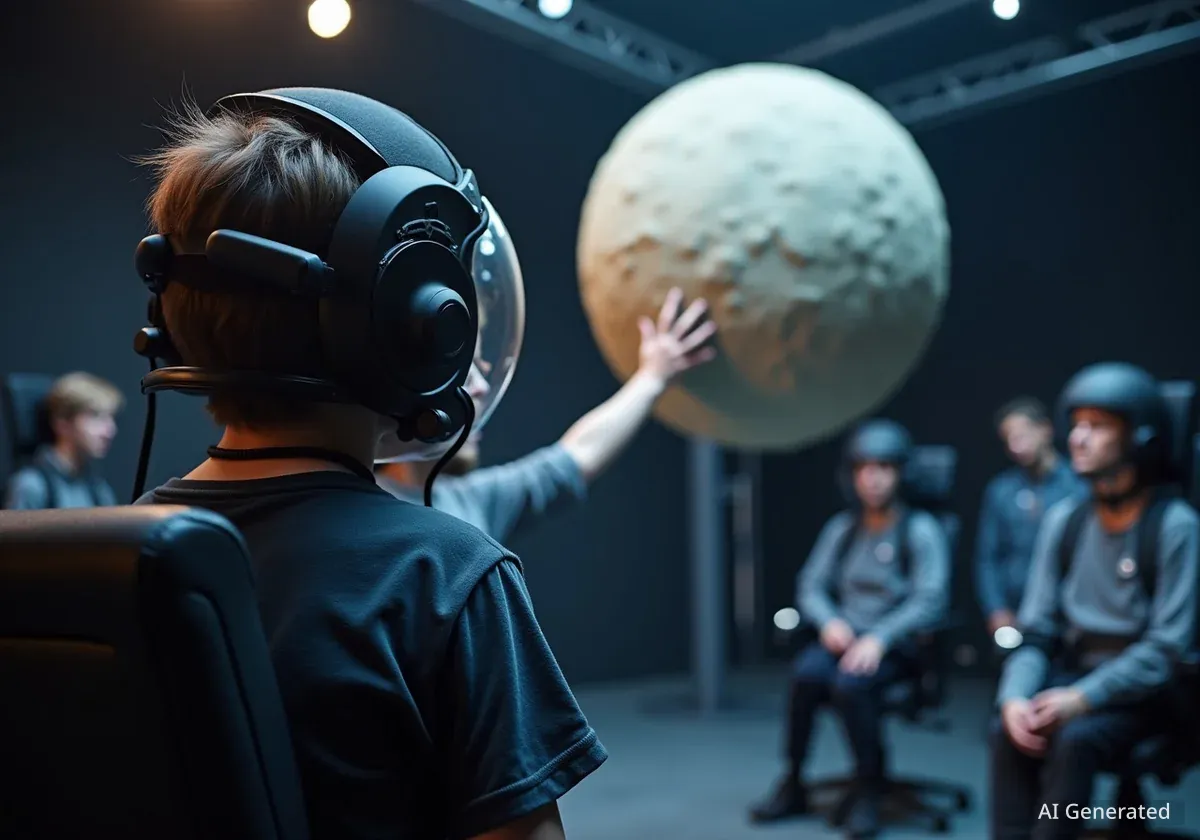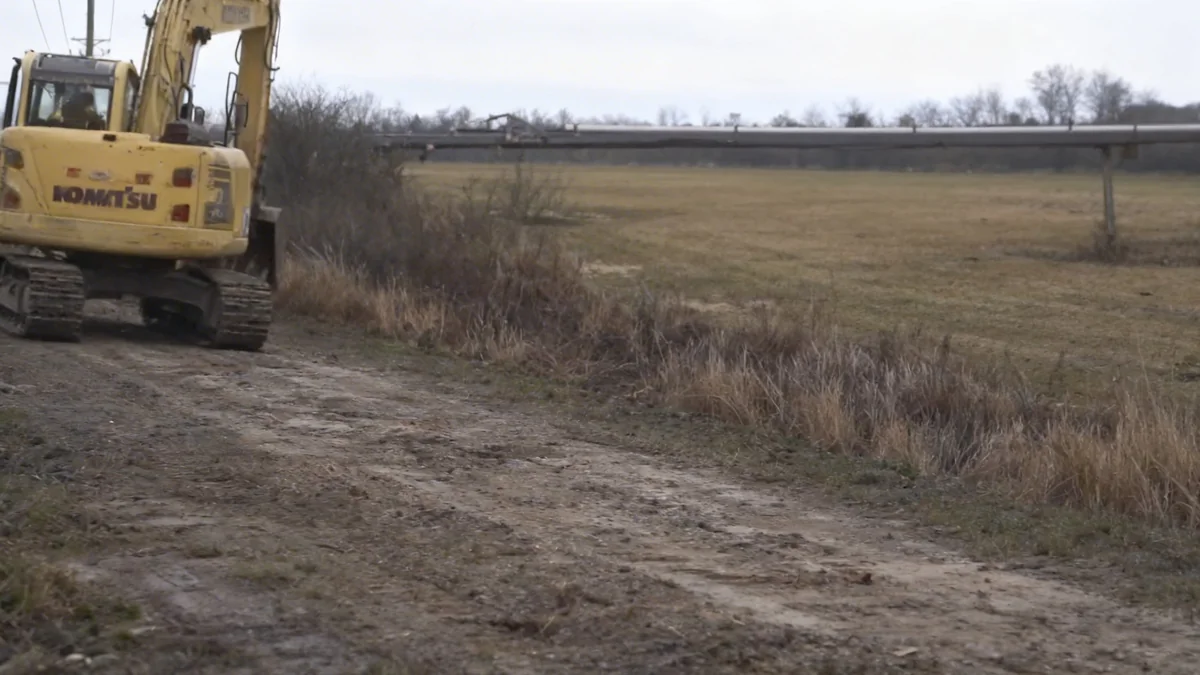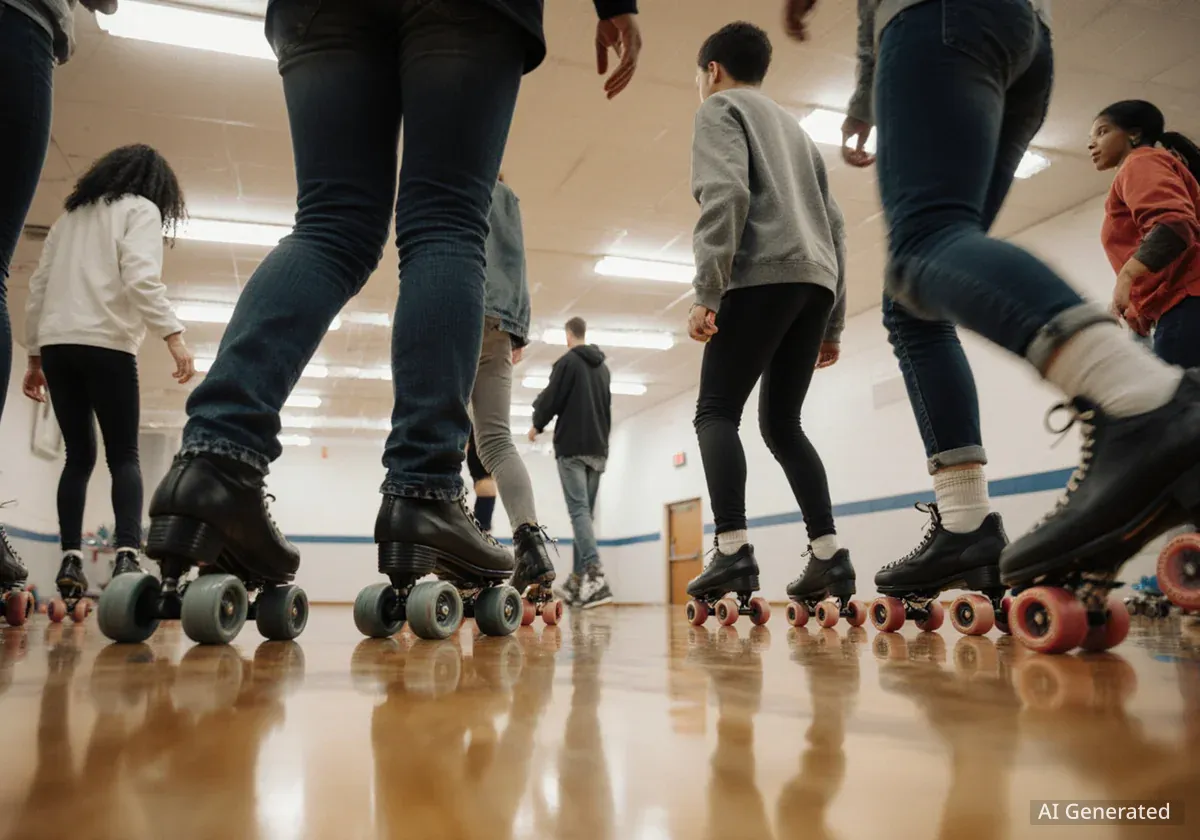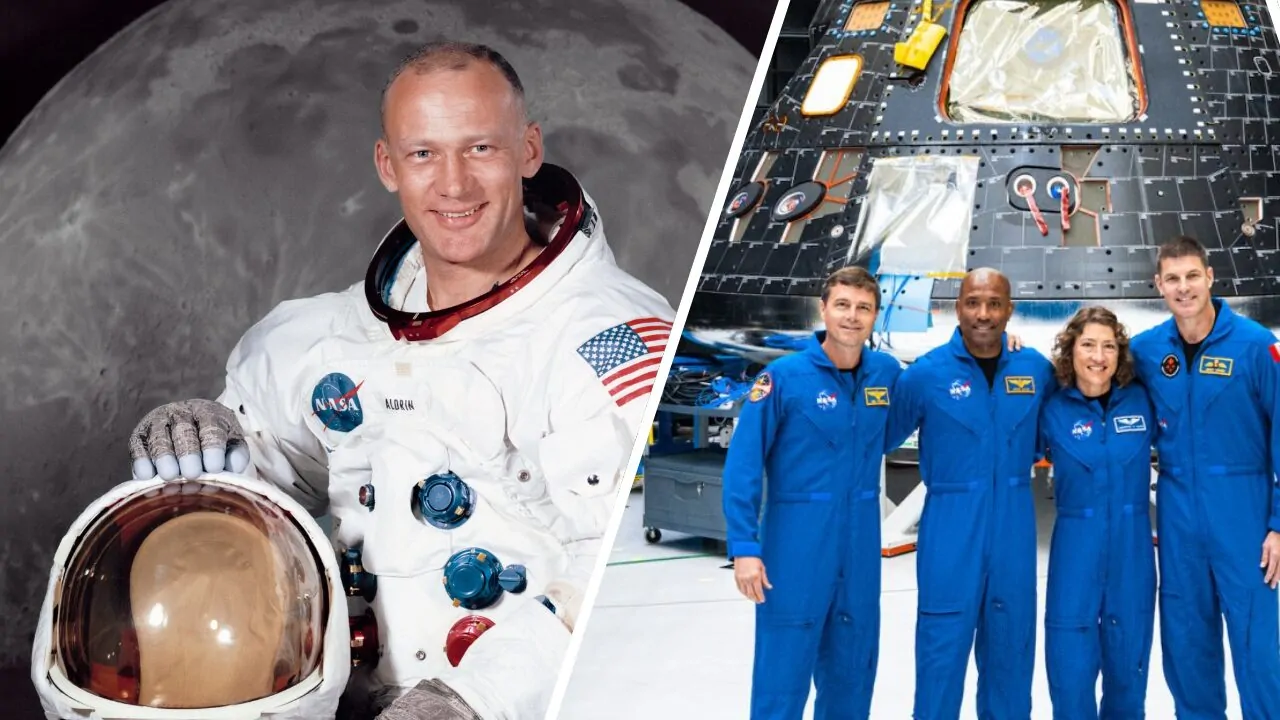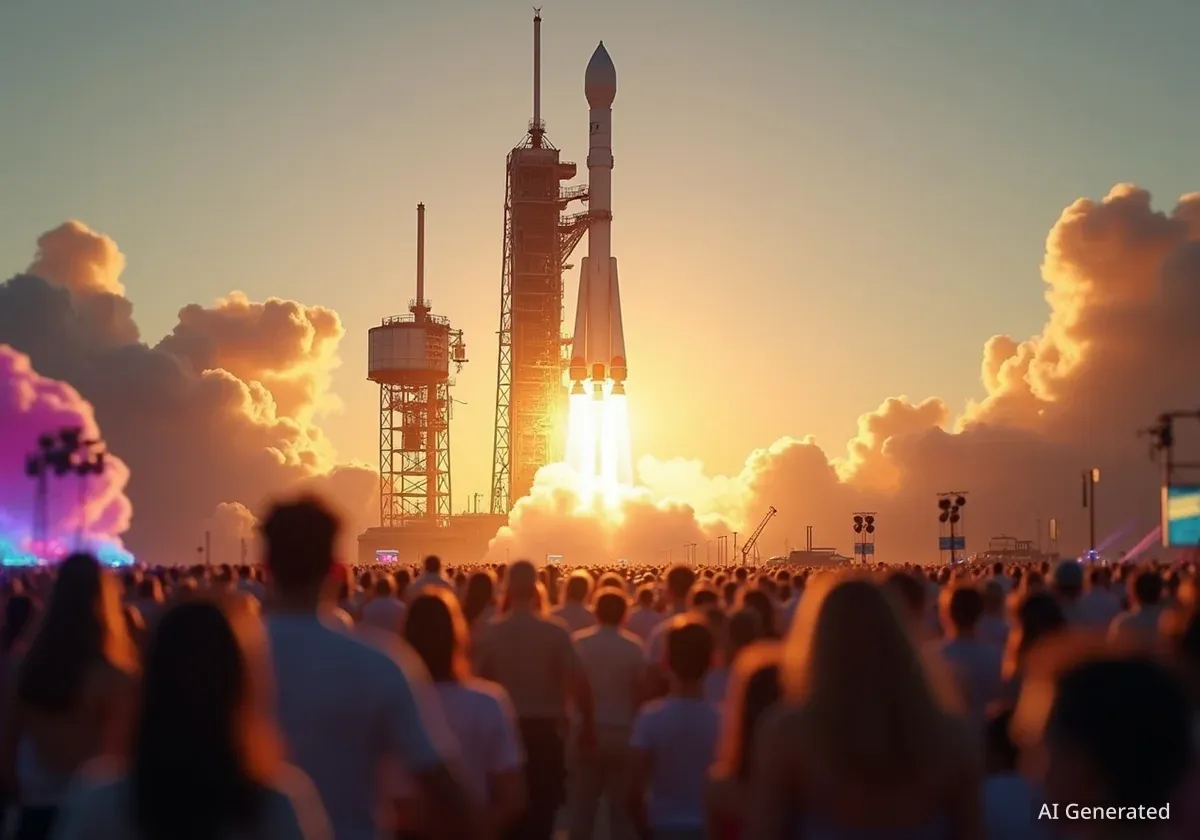The U.S. Space & Rocket Center in Huntsville, Alabama, is currently hosting its annual Space Camp for Interested Visually Impaired Students (SCIVIS). The specialized week-long program provides students who are blind or have low vision with adapted, hands-on astronaut training and a comprehensive STEM education.
Running from September 28 to October 2, the camp serves students between the ages of 9 and 18. It utilizes modified technology and accessible materials to ensure every participant can fully engage in all activities, from simulated space missions to building and launching rockets.
Key Takeaways
- The U.S. Space & Rocket Center hosts an annual camp for visually impaired students called SCIVIS.
- The program adapts standard Space Camp activities using tools like braille, large print, and speech output computers.
- Students aged 9-18 participate in simulated missions, robotics, and astronaut training exercises.
- Five distinct program tracks are offered to accommodate different age groups and interests, including space and aviation themes.
Adapting Space Exploration for Accessibility
The core mission of the SCIVIS program is to make the excitement of space exploration and the fundamentals of STEM accessible to everyone. To achieve this, the camp integrates a range of adaptive technologies directly into its curriculum. This ensures that a student's visual impairment does not become a barrier to participation.
According to program details, materials are provided in various formats to meet individual needs. These include braille texts, large print resources, and computers equipped with speech output software. These tools allow students to read mission parameters, study instructional materials, and interact with computer-based simulations just as their sighted peers would.
The program is coordinated by experienced teachers of the visually impaired who work alongside the standard Space Camp staff. This collaboration ensures that all activities are not only accessible but also educationally effective for the participants.
A History of Inclusive Education
SCIVIS is a long-standing program that has provided unique educational opportunities for decades. It operates on the principle that with the right accommodations, students with disabilities can excel in rigorous STEM fields. The camp takes place at the same world-renowned facility in Huntsville that hosts thousands of students each year, offering an authentic astronaut training experience.
A Curriculum of Hands-On Learning
Participants in the SCIVIS program engage in the same core activities as attendees of the traditional Space Camp. The experience is designed to be immersive, challenging, and inspiring. Students work in teams to solve complex problems and complete simulated space missions.
Core Activities and Training
The week-long session is packed with activities that mimic the training real astronauts undergo. These hands-on experiences are central to the camp's educational philosophy.
- Mission Simulations: Students take on roles like mission commander, pilot, and flight engineer in high-fidelity simulators, working together to launch, fly, and land a spacecraft.
- Rocketry: Each student gets to build and launch their own model rocket, learning basic principles of aerodynamics and propulsion.
- Robotics Challenges: Teams design, build, and program robots to complete specific tasks, fostering skills in engineering and computer science.
- Astronaut Training Exercises: Participants experience simulators that replicate the feeling of walking on the moon or working in a microgravity environment.
Program Diversity
To cater to a wide range of ages and interests, SCIVIS offers five separate program tracks. This structure allows for age-appropriate challenges and progressive learning for returning campers. The tracks include Space Camp, Space Academy, Advanced Academy, and three different levels of Aviation Challenge, which focuses on aeronautics and fighter pilot training simulations.
Ensuring Full Participation for Every Student
A key aspect of the SCIVIS program is its commitment to individualized support. Before the camp begins, organizers review each student's medical information to understand their specific needs and accommodation requirements. This allows the staff to prepare the necessary tools and support systems in advance.
Throughout the week, students are supported by a network of dedicated chaperones and specialized educators. This team works to ensure that every participant can navigate the campus safely and engage fully with every component of the curriculum.
The goal is to provide an environment where students can focus on learning and teamwork, confident that the necessary accessibility tools are in place. The program demonstrates that interest and ability in STEM are not limited by physical challenges.
By adapting the acclaimed Space Camp experience, the U.S. Space & Rocket Center continues to empower a new generation of scientists, engineers, and explorers. The SCIVIS program stands as a powerful example of how inclusive education can help students reach for the stars, regardless of the challenges they face on Earth.

